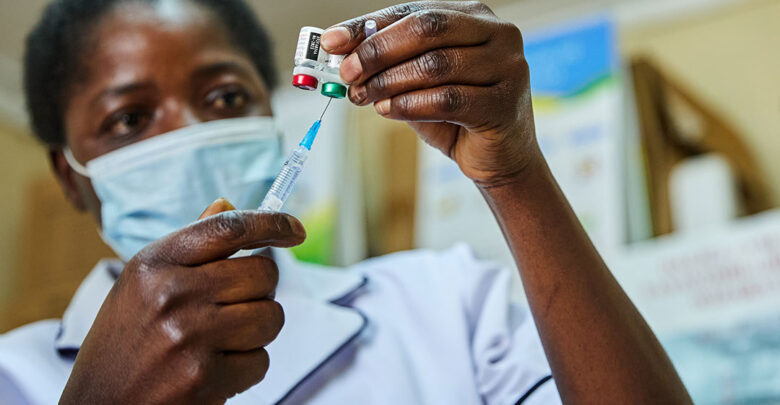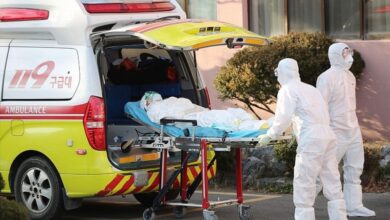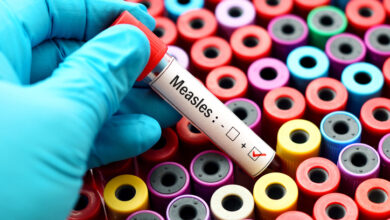
The World Health Organization (WHO) on Friday said more than 1 million children in Ghana, Kenya, and Malawi have received one or more doses of the world’s first malaria vaccine, reported CGTN Africa.
First launched by the Government of Malawi in April 2019, the WHO-led malaria vaccine program uses the RTS,S/AS01 (RTS,S) vaccine, which has been found to be safe, feasible to deliver, and substantially effective in reducing deadly severe malaria.
The WHO estimates that if widely deployed, the vaccine could save the lives of an additional 40,000 to 80,000 African children each year.
WHO Director-General Tedros Adhanom Ghebreyesus said that the development of a safe and efficacious vaccine marked a milestone in efforts to eliminate the vector-borne disease in the continent.
“This vaccine is not just a scientific breakthrough; it is life-changing for families across Africa,” said WHO chief Ghebreyesus. “It demonstrates the power of science and innovation for health.”
He said that there was an urgency to develop more sophisticated preventive tools in order to revitalize the war on malaria in Africa which accounts for more than 94 percent of the global malaria burden.
The WHO-led RTS,S pilot program is being run by an unprecedented collaboration between in-country and international partners, including Ministries of Health of Ghana, Kenya, and Malawi; in-country evaluation partners; PATH, GSK, UNICEF, and others; and the funding bodies of Gavi, the Global Fund and Unitaid.
Gavi, the Vaccine Alliance, has funded more than US$ 155 million to support the introduction, procurement, and delivery of the malaria vaccine for Gavi-eligible countries in sub-Saharan Africa.
The RTS,S malaria vaccine is the result of 30 years of research and development by GSK and through a partnership with PATH, with support from a network of African research centers.
The WHO has also welcomed the news from BioNTech, manufacturer of the Pfizer-BioNTech COVID-19 vaccine that it aims to develop a malaria vaccine using mRNA technology.






